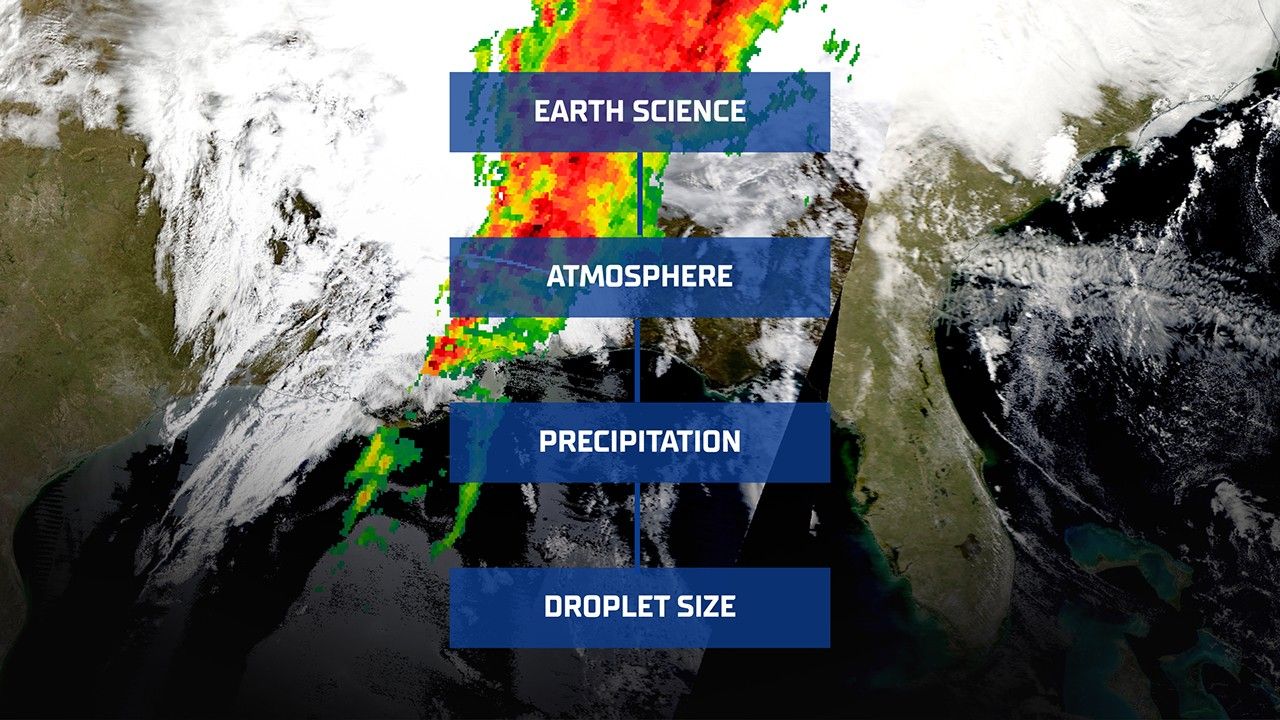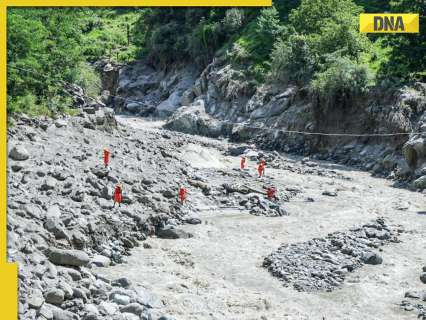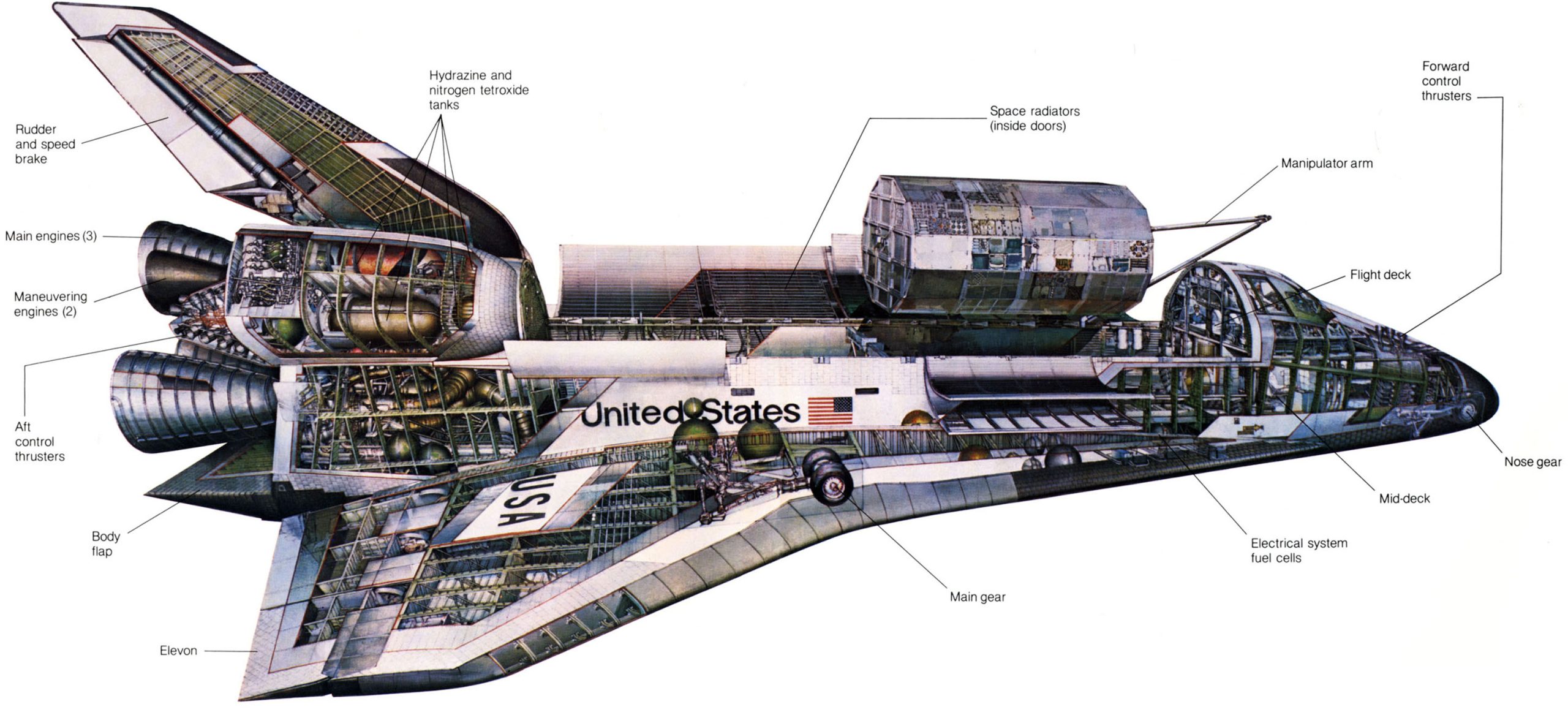Now Reading: NASA Unveils AI Tool to Simplify Science Data Access
-
01
NASA Unveils AI Tool to Simplify Science Data Access
NASA Unveils AI Tool to Simplify Science Data Access

Speedy Summary
- NASA has upgraded its Global Change Master Directory (GCMD) Keyword Recommender (GKR), which assists scientists in tagging datasets with standardized and precise keywords.
- The revived GKR model increases keyword options from 430 to over 3,200, improving vocabulary complexity for dataset metadata categorization.
- GKR tackles “extreme multi-label classification,” where datasets require numerous nuanced labels drawn from controlled vocabulary.
- NASA scientists utilized advancements like focal loss to address class imbalance (frequent vs. rare labels) in training data, boosting accuracy across all categories.
- The new version uses INDUS, a language model trained on 66 billion scientific words across disciplines like earth science, astronomy, and biology for contextual understanding of keywords.
- Data used for training earlier models included only 2,000 metadata records; the updated model utilizes over 43,000 records sourced from NASA’s Common Metadata Repository platform.
- INDUS is also applied outside GKR to assist various science Mission Directorate projects by automating metadata curation and refining search relevancy rankings.
Learn more here.
Indian Opinion Analysis
NASA’s meaningful enhancement of the GCMD Keyword Recommender reflects broader innovation trends in artificial intelligence applications for research. Organizing complex Earth science data efficiently not only moves toward greater accessibility but represents a pivotal infrastructure that India can adapt or collaborate on-especially given its growing commitments to climate research and satellite data-driven initiatives such as ISRO programs.
The submission of innovative techniques like focal loss may inspire similar modifications in India’s AI-centric systems managing diverse datasets poorly represented due operational inefficiencies



























